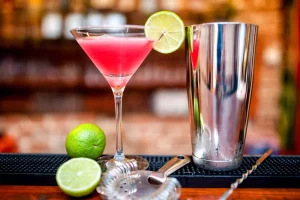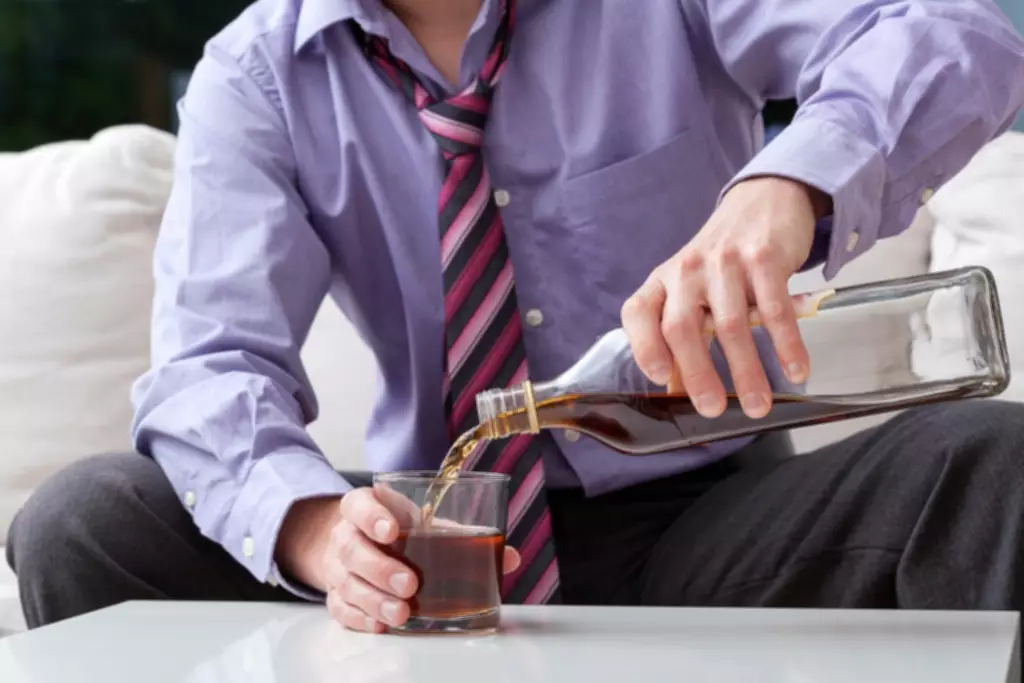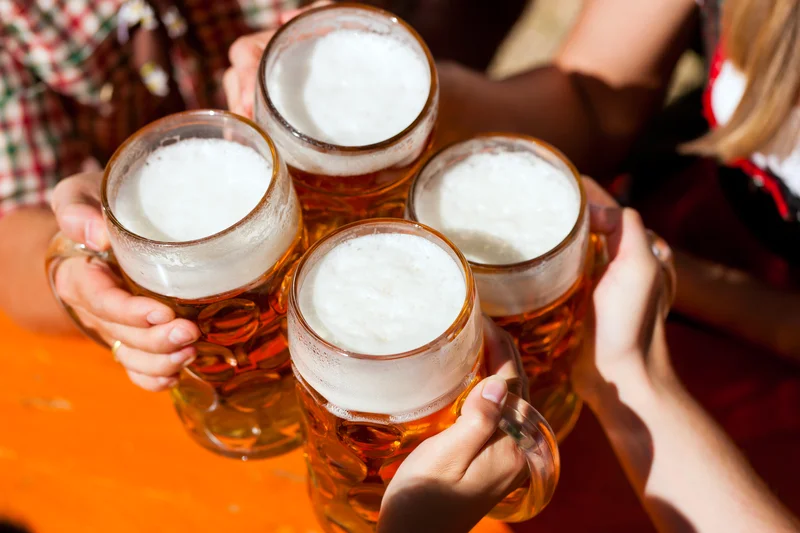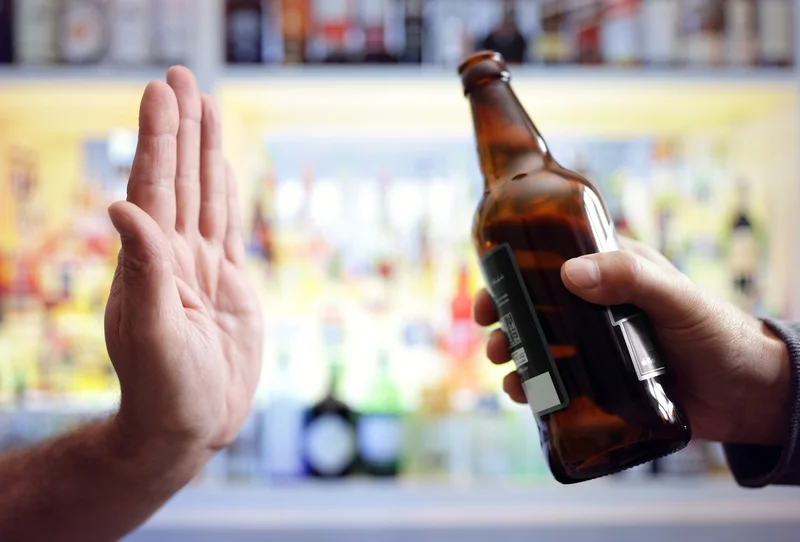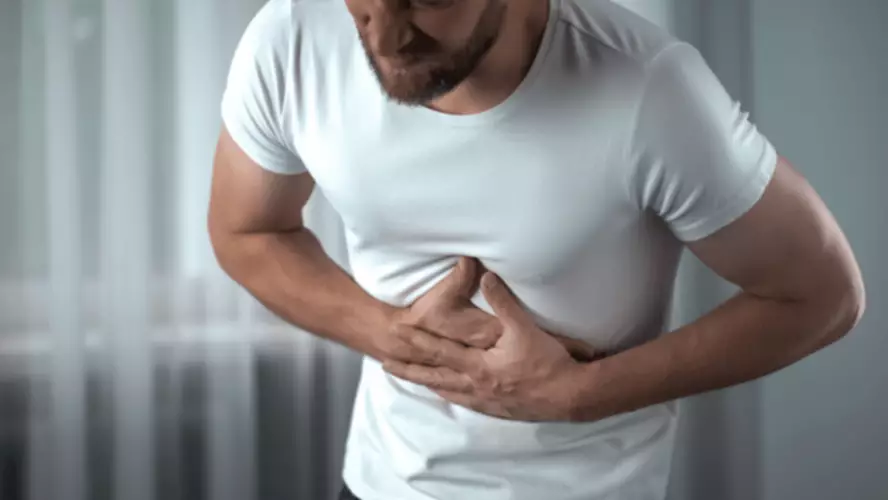Whats the deal with wine sneezes? Wine & Spirits Wine & Spirits
This effect can also make you feel hot when you drink alcohol, but it can also lead to short-term nasal congestion. The blood vessels around your nasal cavity can expand, making it a bit more difficult to breathe normally. To avoid adverse reactions, sensitive individuals should reduce their exposure to sulfites. Be sure to tell your doctor about any medications or supplements you are taking. If you have ever experienced swelling of the tongue or throat, or trouble breathing after drinking beer, it is advised to stop drinking beer until you have seen a doctor. We may never know for sure but that doesn’t mean we can’t enjoy a glass of vino every now and then.
Sneezing after drinking beer is an interesting phenomenon that has sparked a lot of debate. Some experts suggest that the reaction may be more related to the type of beer and its hops content than to the alcohol content. If you find that drinking beer makes you sneeze, there are several things you can do to help prevent this from happening.
If someone experiences these symptoms after consuming even small amounts of alcohol it is important to seek medical attention immediately. Alcohol consumption can lead to a stuffy nose due to the effect it has on your body. Alcohol is metabolized by enzymes in your liver, which convert ethanol into acetaldehyde.
It is important to seek medical advice as soon as possible if you experience any of these symptoms after drinking wine. A doctor will be able to determine the cause of your symptoms and provide appropriate medical treatment. In some cases, it may be necessary to discontinue drinking wine altogether to avoid further complications. If you experience any symptoms after consuming alcohol, it is important to speak to a doctor to ensure your health and safety. They will be able to provide the best advice for treating any underlying medical condition. The build-up of histamines can then trigger the allergy-like symptoms when certain foods or drinks, such as alcohol, are consumed.
Histamine intolerance occurs when an individual has too much histamine in their body. It is not a sensitivity to histamine but rather an indication that the person has accumulated an excessive amount. Symptoms of histamine intolerance can include sneezing, hives, headaches, nausea, and digestive issues—similar to a common allergic response. To reduce the risk of adverse reactions, it is important to avoid wines that contain sulfites. Additionally, those with sensitivities can opt for organic or biodynamic wines that are free from added sulfites.
Allergies can be serious and require medical attention, so if you think you might have an allergy to something in beer, speak with a doctor as soon as possible for the best treatment advice. This will allow for those with a sensitivity to histamines to make informed decisions about what wines they can safely drink. Furthermore, it is important for winemakers to be aware of their own practices and processes in order to avoid introducing too much histamine into the wine during production.
Red wines generally have higher histamine content than white wines, with levels ranging from 60 to 3,800 micrograms per litre in reds and 3 to 120 micrograms per litre in whites. Whatever the source, sneezing after drinking beer is a phenomenon that many people have experienced. It may be nothing more than coincidence, or it could signal the start of legal intoxication. Either way, it’s definitely something to keep an eye on if you’re out enjoying some beers with friends.
Why Do I Get Stuffy Nose & Nasal Congestion After Drinking Alcohol?
The nurse explains that this is due to the presence of sulphites, which preserve many alcoholic drinks. “For some people with sensitive airways, such as asthmatics, consuming sulphites in alcohol may cause wheezing,” she explains. “The amount of sulphites contained in alcohol will vary between products, but sulphur dioxide is one of the fourteen major food allergens that are required by law to be included on labels.” This genetic condition means that you experience negative symptoms when drinking alcohol because your body is unable to process it properly. Because the body can’t break down alcohol, it’s toxic byproducts flood the system and accumulate with each drink you have.
Beer allergies can be caused by a reaction to grains, chemicals, or preservatives
Beer contains many ingredients other than water, such as malt barley, brewer’s yeast, hops, and assorted flavorings. While true allergies are uncommon, it is more likely that you are allergic to one of these specific ingredients. Drinking beer can cause sneezing, and this phenomenon is known as “beer sneezes”. While it may be more common than you think, it can be a sign of a mild allergic reaction to alcohol. Excessive acetaldehyde can lead to sickness, an irregular heartbeat and the aforementioned facial flushing. Many people report that red wine causes the most noticeable nasal congestion, even in those without an alcohol allergy or alcohol intolerance.
For example, a person with histamine intolerance can experience adverse reactions when drinking alcohol because their body is unable to process the histamine in certain types of drinks. In this case, avoiding these types of drinks and/or medications that contain histamine can help reduce the symptoms. Red wines, for example, tend to have higher levels of histamines than white wine or beer.
What Does it Mean If I Have Nasal Congestion After Drinking Alcohol?
These are what give wine its bitterness, mouthfeel, and complex flavours, as they seep into the wine during the winemaking process. Tannins are more abundant in red wines but can also be present in white wines too. In response to this, many countries have recommended maximum histamine levels for wines, ranging from 2 mg/L in Germany to 10 mg/L in Austria.
- While not a true allergy, these reactions can be uncomfortable and even dangerous in extreme cases.
- While true allergies to alcohol are rare, it is possible to have an allergy or sensitivity to specific ingredients in beer, such as grains, chemicals, or preservatives.
- To reduce the risk of adverse reactions, it is important to avoid wines that contain sulfites.
- Drinking beer can cause sneezing, and this phenomenon is known as “beer sneezes”.
Vasodilation Causes Stuffy Nose After Drinking, Too
While it may be more common than you think, there is little scientific research on the exact number of people affected. Firstly, some people have lower levels of the enzymes required to break down alcohol, leading to a buildup of byproducts that can trigger a mild allergic reaction. Secondly, beer contains histamine, a compound that elicits an allergic response, as well as sulfites, which are common allergens. It is important to note that beer sneezes are not a reliable indicator of intoxication and that an allergic reaction to beer, while rare, can be life-threatening. If you experience persistent or severe symptoms, it is recommended to consult a doctor.
Always seek the advice of your physician or other qualified health provider with any questions you may have regarding a medical condition. Drinking plenty of fluids will help to thin out the mucus in your nose and make it less likely to trigger a sneeze. Younger wines like crisp whites and rosés, and anything with a screw top is far less likely to have mould. If you see mould around the cork of an older bottle, make sure that you clean it off very thoroughly before opening, and take care there is minimal contamination from the cork.
Histamines
Unfortunately for wine-lovers, there’s a lot of things in wine that can cause negative reactions or intolerances. Alcohol and food allergies can cause serious health problems, yet many people do not take the necessary precautions to prevent them. Alcohol causes an increased permeability in cells, making it easier for undigested particles to enter the bloodstream and causing inflammation.
How Tim Walz’s knucklehead attack on Elon Musk, Tesla risks breaking Minnesota law
If you experience sudden sneezing after consuming these beverages, it may be an indication of histamine intolerance. The key to managing histamine intolerance is to recognize which foods and drinks are high in histamine levels and avoid them. But even with our guide on how to get rid of a hangover, you may want to dig deeper beyond the simple remedies and solutions to determine whether there is a real cause for concern here. Of course, digestive trouble is a leading symptom of many health conditions, so you’ll want to consult your doc before diagnosing yourself with, say, a tequila allergy. But, if it happens after drinking, without any other weird lifestyle or dietary changes, there’s a high probability that the symptoms are linked to those wine spritzers.
However, studies have found that a large percentage of red and white wines exceed these recommendations. Most wines don’t state their histamine content on the label, which can make it difficult to know what you’re choosing. You should not, however, rely on your sneezes to indicate whether or not you are safe to drive home, no matter how sure you are of the accuracy of your body’s own “ignition interlock” device. Those “beer sneezes” do not mean you are officially drunk any more than the lack of sneezes mean you are sneezing while drunk okay to drive.
If you are experiencing any of these symptoms after consuming wine, it could be because you are allergic to one or more components found in the beverage. The most common allergens found in wine include histamine and sulfites, but some people may also have an allergic reaction to the grapes used to make the wine, yeast, and other additives. It is not known for certain why some people experience sinus congestion after drinking red wine, but it is believed to be due to a combination of factors. Some people may be more sensitive to the histamines in red wine than others, which can lead to inflammation in the nose and sinus cavities. Additionally, dehydration caused by alcohol consumption can also contribute to sinus congestion.
But if you think your wine is contaminated by mould, it is best to discard it as it can be worse for you than just sneezing. If you see mould on the ouside of the cork, that does not necessarily mean the wine is contaminated. Studies have found benefits to consuming small amounts of tannin due to its natural antimicrobial and histamine regulating effects.

